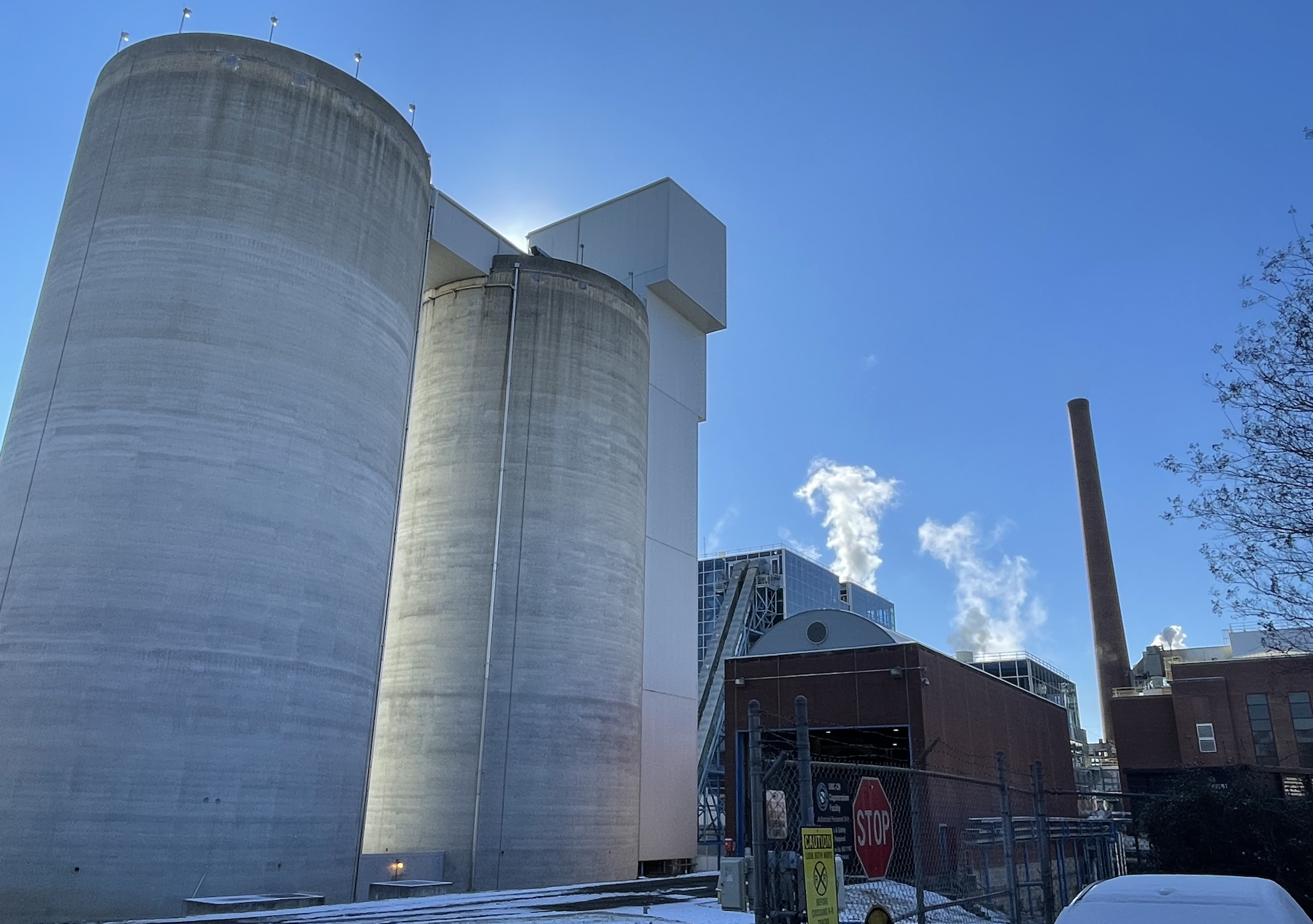
Chapel Hill Community Voices Concerns Over UNC’s Alternative Fuel Proposal
Recent discussions surrounding the University of North Carolina at Chapel Hill’s cogeneration facility have sparked intense anger and disappointment among local residents. The proposed modification to the university's air quality permit aims to introduce engineered fuel pellets made from plastic and paper waste. This would add to the list of materials already being burned by the plant, which produces steam and electricity to power the campus. The cogeneration facility, located on Cameron Avenue in a predominantly residential neighborhood, currently uses coal and natural gas as its primary fuel sources.
However, these new pellets, engineered by Convergen Energy from Wisconsin, have raised significant concerns due to their content. The pellets contain PFAS (perfluoroalkyl and polyfluoroalkyl substances), a group of chemicals known for their ability to accumulate in the environment and the human body. The local community has voiced widespread concern about the potential dangers of these emissions, especially given the plant’s proximity to two historically Black neighborhoods.
At a public hearing held at Chapel Hill Town Hall, dozens of residents took to the podium to express their opposition to the proposal. The hearing, organized by the North Carolina Department of Environmental Quality’s Division of Air Quality, saw a packed room with many individuals sharing their frustrations. Speakers ranged from high school students to sustainability experts, all united in their fear of the negative impacts the new fuel might have on the environment and public health.
Also Read:- Newport County Set for Crucial Test Against Swindon Town After Managerial Shake-up
- 'Canada is Not for Sale' Hat Highlights Challenges in Domestic Manufacturing
One such speaker, Chapel Hill High School student Lucy Safir, expressed her distress over the potential long-term health risks associated with the burning of these engineered pellets. "I might die from cancer because of these emissions or whatever else is going to come up in my future," she said, a sentiment echoed by several others.
Former UNC sustainability researcher Susannah Tuttle also criticized the move, arguing that while transitioning away from coal is necessary, turning to plastics containing harmful substances like PFAS is not an acceptable alternative. "It’s both shocking and saddening that a university committed to sustainability would consider this as a solution," Tuttle remarked.
Some speakers, like UNC doctoral student Kristen Cowan, framed the issue within the context of environmental justice. "This is an environmental justice issue," Cowan noted, pointing out how the plant’s operations have historically impacted nearby communities of color. "This harm has persisted with the coal plant, and now we risk continuing the same pattern with these new fuel sources."
Despite the overwhelming opposition, there was some recognition of the challenges that come with finding viable alternatives to fossil fuels. Matthew Spaulding, a former air quality consultant, acknowledged the financial and logistical difficulties involved in transitioning to renewable energy. Still, he emphasized the importance of finding solutions that do not harm public health or the environment.
In response to the public outcry, UNC has stated that it will continue testing new technologies and fuel options for its cogeneration facility. The university plans to conduct further assessments and make additional data available after testing the engineered fuel pellets. However, as the comment period for this draft permit comes to a close, the community remains hopeful that their concerns will be addressed, and that a more sustainable and safer alternative will be found.
The controversy surrounding this proposal is not just a matter of local interest but also a broader reflection of the complexities involved in balancing energy needs, environmental responsibility, and public health. As the debate continues, it highlights the crucial role that communities play in shaping the decisions that affect their environment and well-being.
Read More:



0 Comments